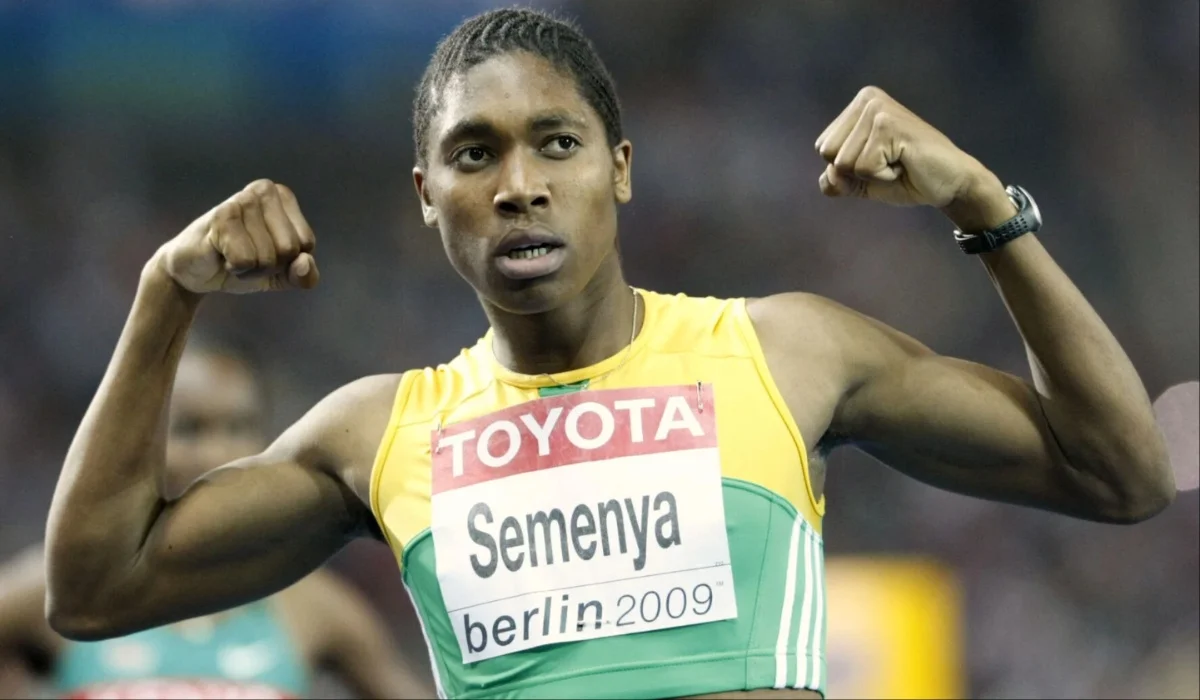A Human Rights court has ruled in favour of two-time Olympic gold medalist Caster Semenya on Thursday stating that she was denied a fair hearing in Swiss courts regarding controversial athletics gender regulations.
Court’s Mixed Verdict on Semenya’s Case
The European Court of Human Rights’ 17-judge Grand Chamber determined that Switzerland’s Supreme Court violated Semenya’s right to due process when handling her appeal against World Athletics’ eligibility rules. However, the Strasbourg-based court rejected other elements of the South African runner’s broader challenge.
ALSO READ: Skeem Saam Actress Amanda Manku Announces Pregnancy
This ruling marks the latest chapter in Semenya’s seven-year legal struggle against testosterone-limiting regulations imposed on female athletes with differences in sexual development (DSD). The decision requires Swiss federal courts in Lausanne to re-examine aspects of her case.
Background of the Semenya Legal Saga
The 800-meter specialist first challenged World Athletics (formerly IAAF) in 2019 after the governing body introduced rules requiring DSD athletes to medically lower their natural testosterone levels to compete in women’s events between 400m and one mile.
Semenya’s initial appeal to the Court of Arbitration for Sport (CAS) proved unsuccessful, as did her subsequent challenge to Switzerland’s Supreme Court. Thursday’s ECHR ruling specifically addresses procedural fairness in those Swiss proceedings rather than the biological arguments at the heart of the case.
ALSO READ: Shauwn Mkhize Demands Apology After Ian Cameron Corrects Firearm Ownership Claim
What the Ruling Means for Sports Regulations
While not immediately overturning World Athletics’ contested policies, this decision establishes important legal precedents regarding athletes’ rights to fair judicial processes in sports governance matters. Legal experts suggest the ruling could influence how sporting bodies worldwide handle similar cases in future.
The judgment comes as international sports organizations continue grappling with balancing competitive fairness, human rights, and biological diversity in elite athletics. Semenya’s case has become a focal point in global discussions about gender, science, and sports regulation.

